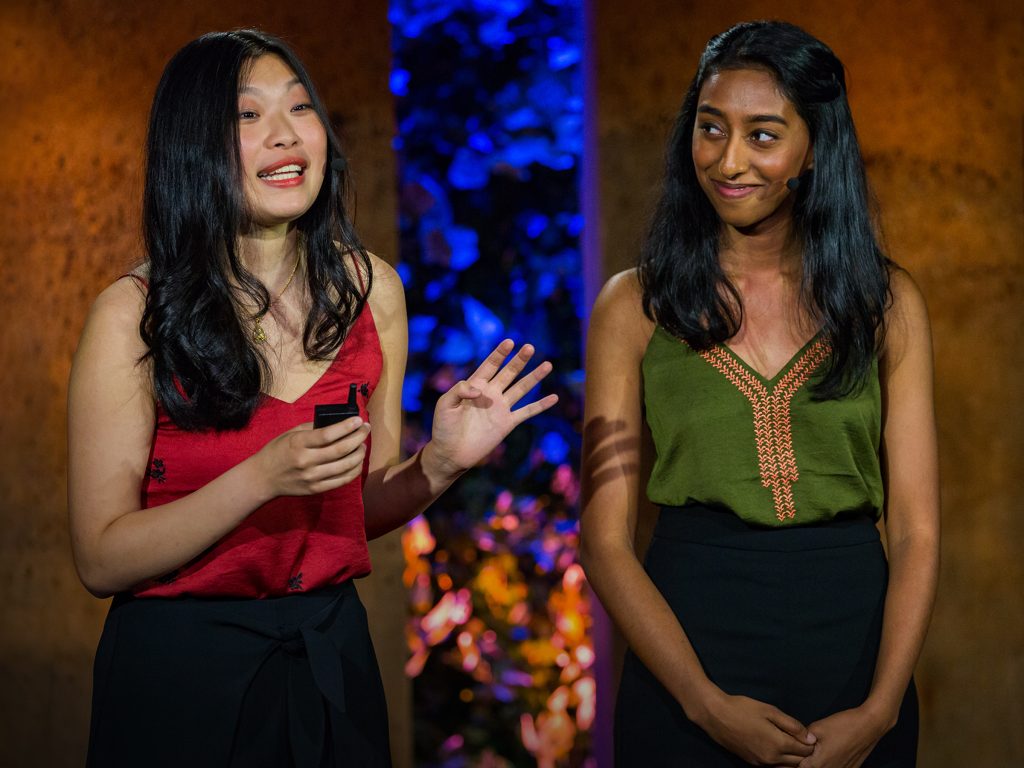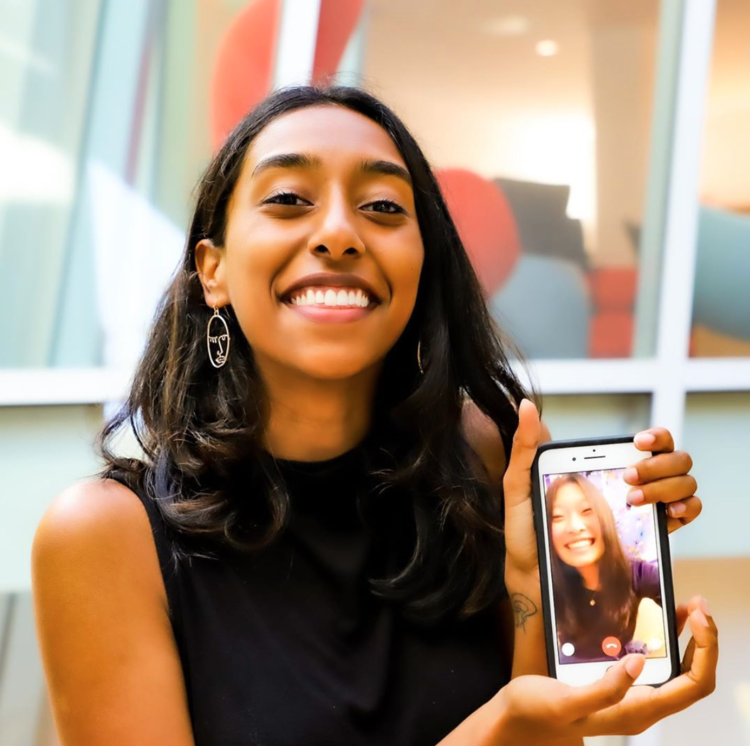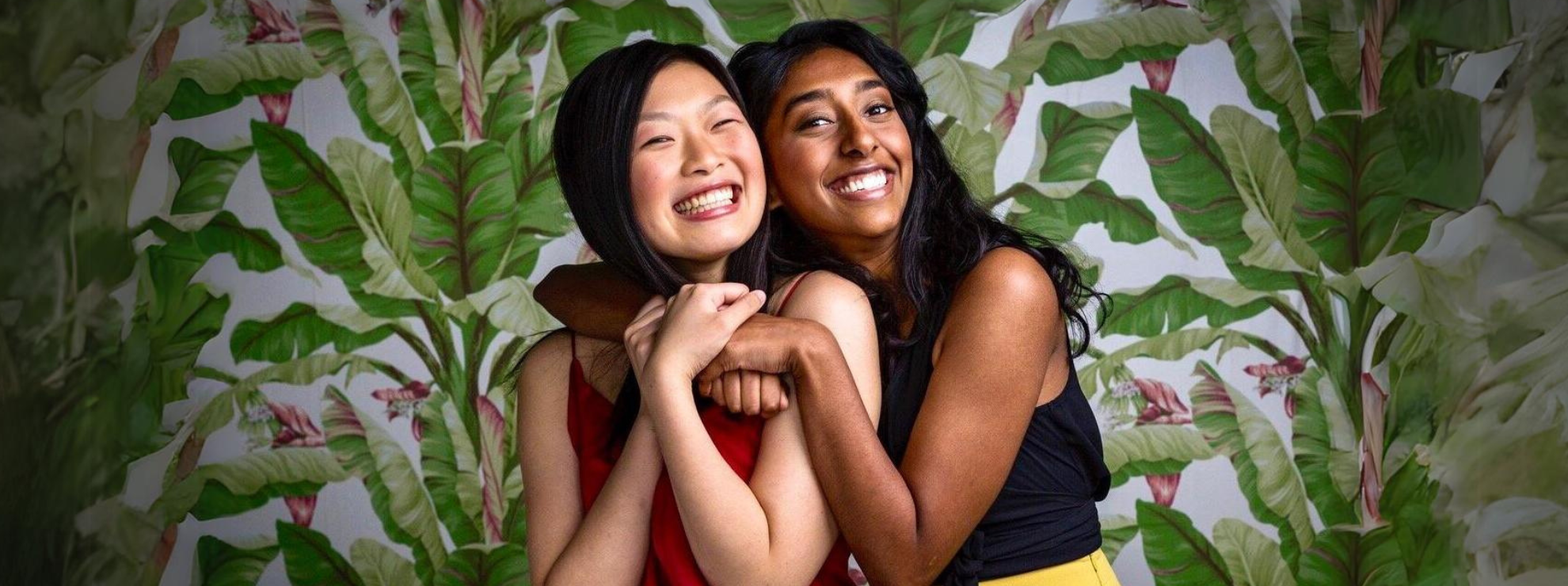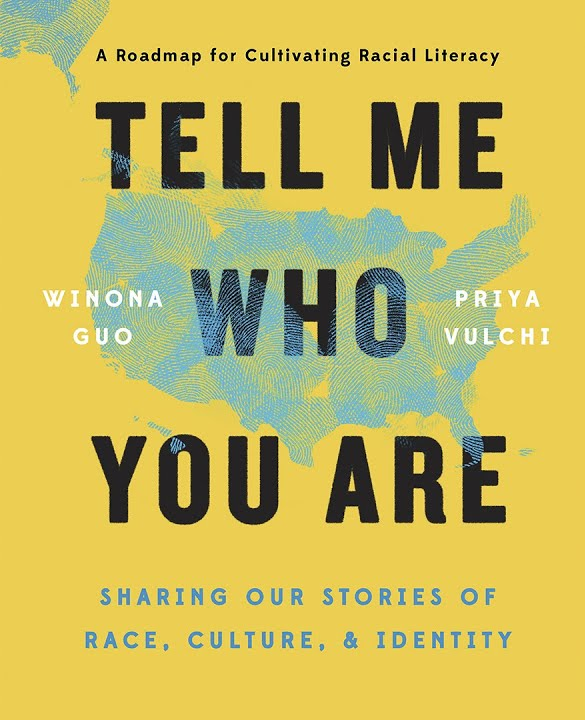(January 23, 2024) Soon after graduating from high school, best friends Winona Guo and Priya Vulchi did what Asian immigrants in the US rarely do. They took a gap year. They travelled together to all 50 states of the US, in the hope of educating themselves about race, privilege and oppression. Over 250 days, they interviewed hundreds of people – “The youngest was a toddler, whose role model is Beyoncé, and the oldest is a Japanese immigrant, whose role model is also Beyoncé,” they smile, at a TED talk in 2018. Vulchi and Guo are the founders of CHOOSE and back in 2017, developed a textbook, “The Classroom Index,” working in collaboration with the Department of African American Studies at Princeton University, from where Vulchi also graduated in 2022.
Growing up, both Guo and Vulchi had experienced racism and heard stories about it. “At the time, we were like, yes, we get it. Racism, we know.” But they didn’t know, they admit later. “If you don’t go searching for an education on racial literacy, you won’t get it,” Vulchi remarks. Their understanding, they realised, had always been superficial, because of an inability to truly understand each other’s experiences. So, in 2014, the Global Indian co-founded CHOOSE, now a registered non-profit, because “we weren’t talking about race,” they write on the website. “At the same time, we realised that every part of our daily lives – from our neighbourhoods to our friend groups – were shaped by racial division.”

TED Residents Priya Vulchi and Winona Guo speak at TED Photo: Ryan Lash / TED
Writing a textbook
They started out by simply listening to people’s stories and sharing them on the website. One year later, they compiled the stories; along with “statistics and systematic context,” in a ‘textbook-toolkit’ they called The Classroom Index. “We called our model a bridge for the heart-mind gap,” they said. The idea was to encourage people to actually have those discussions, and to get to know each other “at a soul-level,” as they put it, rather than just at “an ego level.” Besides, they believe, society must invest in an education that “values stories and statistics, the people and the numbers, the interpersonal and the systemic, there will always be a piece missing.” Vulchi and Guo were also attempting to create a racial and intersectional literacy curriculum that could be used in schools. “That way, young people like us can grow up not only proud of their backgrounds, but caring about the communities we share. We imagine racial literacy as a 21st century life skill.”
The textbook brought Priya Vulchi and Winona Guo so much attention that they landed a book deal with Penguin Random House. That inspired their journey across the US, which they funded on their own through textbook sales, cold-emailing corporates like Airbnb and Greyhound and GoFundMe. Tell Me Who You Are, Priya says, “is not a comprehensive overview of race in America in an academic sense, but our personal journey (and) what it was like meeting these people, purely listening to their stories and capturing them in the pages.” They were 17 years old and travelling alone, couch surfing their way across the US. “Our goal was to interview hundreds of people about how race, culture and other parts of their identity have impacted their lives,” the duo explains. “People cried, we cried, then we missed our parents and we cried some more,” they laugh.


On the road in America
The journey was complex in many ways, from actually planning the trip, to finding themselves in dire situations, like when, in Montana, they were “too scared to interview downtown” because they had heard of white supremacists being around. There was also the emotional toll of hearing so many difficult stories, some of which were truly heartbreaking, like meeting a woman whose daughter had been killed in the Charlottesville protest. Then, in Kansas, they interviewed a man who had been “shot and told ‘go back to your own country’.” Their biggest challenge, however, was learning to deal with each other.
“Can you imagine living and travelling with a high school friend for 250 days,” Guo said, in a talk. They argued a lot, over little things like personal space, or fighting over ointment when they ended up at a place with bedbugs. They realised that despite being best friends, they didn’t fully understand each other all the time. In fact, they admitted, as they sat on sidewalks, in coffee shops and in people’s homes, they felt close to the strangers they met more than they did to each other.
Discovering themselves – and each other
So, the two friends went back to the beginning, talking about their childhoods, the love they held for their parents but also the “painful cultural disconnect.” Vulchi often wondered why her parents never said “I love you,” like her friends’ folks did, and Guo took a long time to accept that while the cool girls hung out at the country club, she had to spend 10 hours a day learning Mandarin. “We talked about the disgust and suspicion we felt at being fetishised as cute Asian girls, and being seen as naive and weak,” Vulchi recalls. They were often lumped together as Asian Americans, when the Chinese American and the Indian American are so different in reality.
“Only now I was able to validate Priya’s experience as the darkest skinned girl in her family,” Guo said. “I shouldn’t have invalidated this country’s long history with Chinese Americans, nor should I have tolerated people telling my friend to edit photos to make her eyes bigger, or her body thinner,” Vulchi chimed in. And these are the conversations they want to see happening. “Not the ego conversations like, who you’re dating or where you went on vacation, but conversations that happen at the soul-level.”
Learn more about Priya Vulchi on the CHOOSE website.





